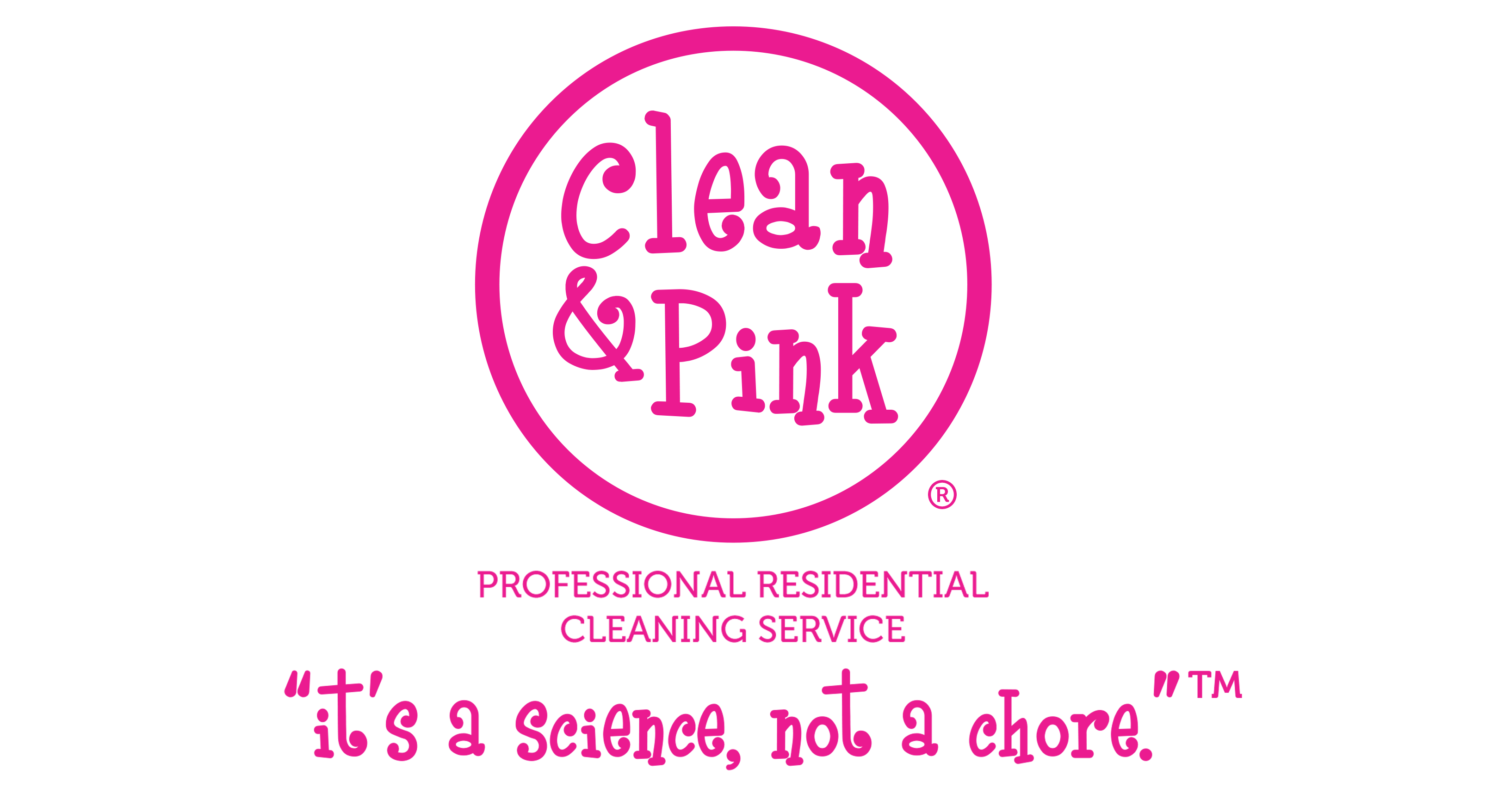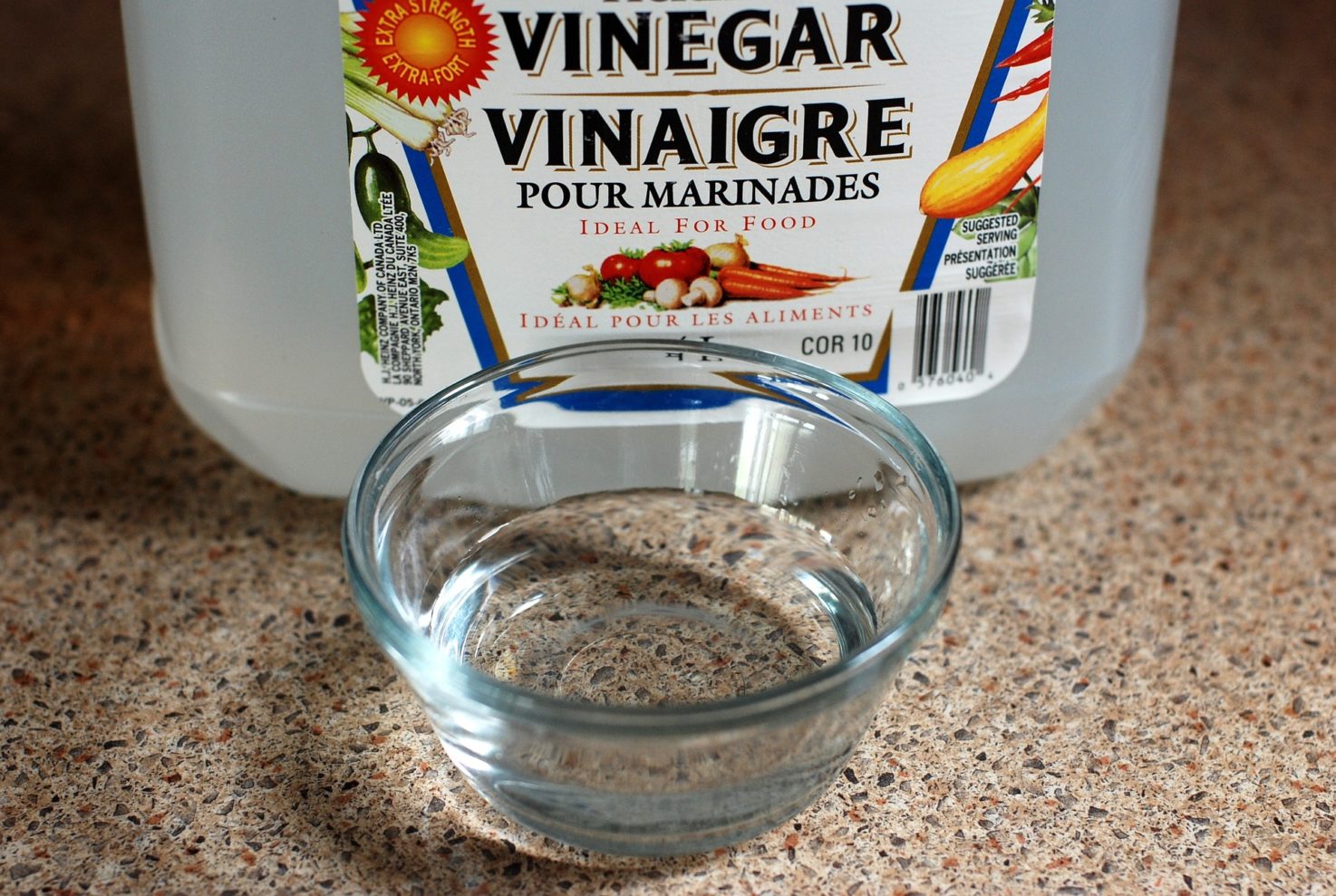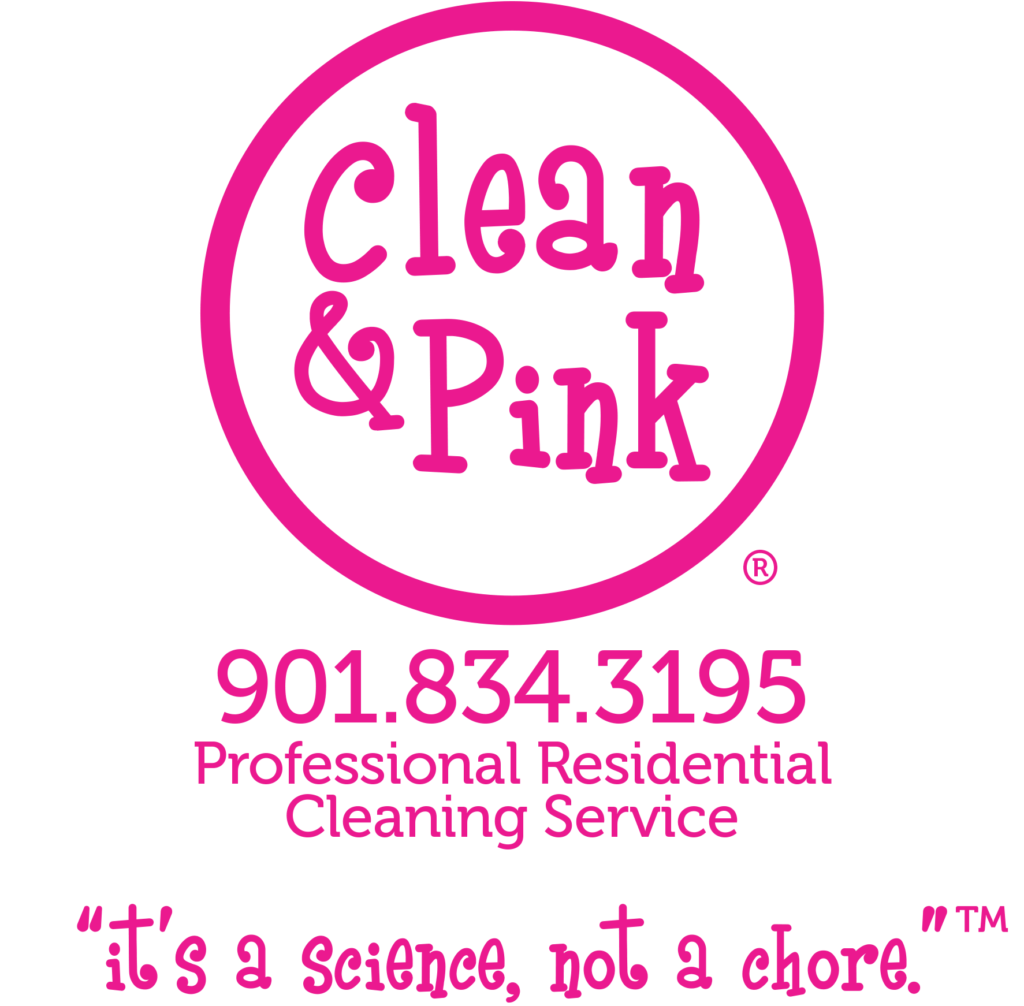Vinegar has been praised as one of the best cleaning ingredients that is tough on dirt yet gentle on the environment. While vinegar is certainly one of the best cleaning agents around, it is also important to know when NOT to clean with vinegar.
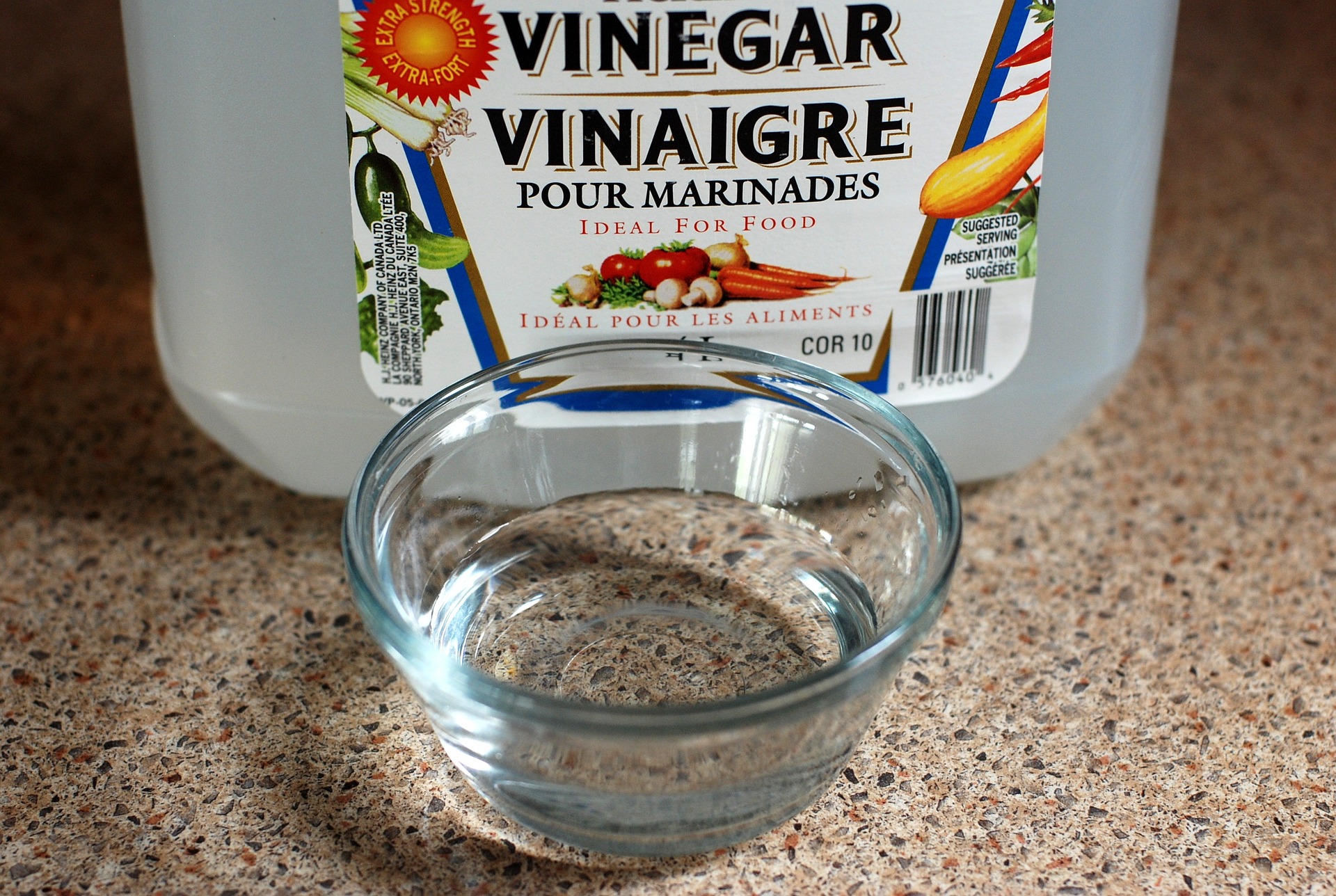
Let’s look at some cleaning problems that you should definitely avoid using vinegar to solve!
1. Never Use Vinegar On Marble Or Granite Countertops
Though vinegar might seem like the perfect agent to use to clean your beautiful marble or granite countertops, you should opt for liquid dish soap and warm water instead.
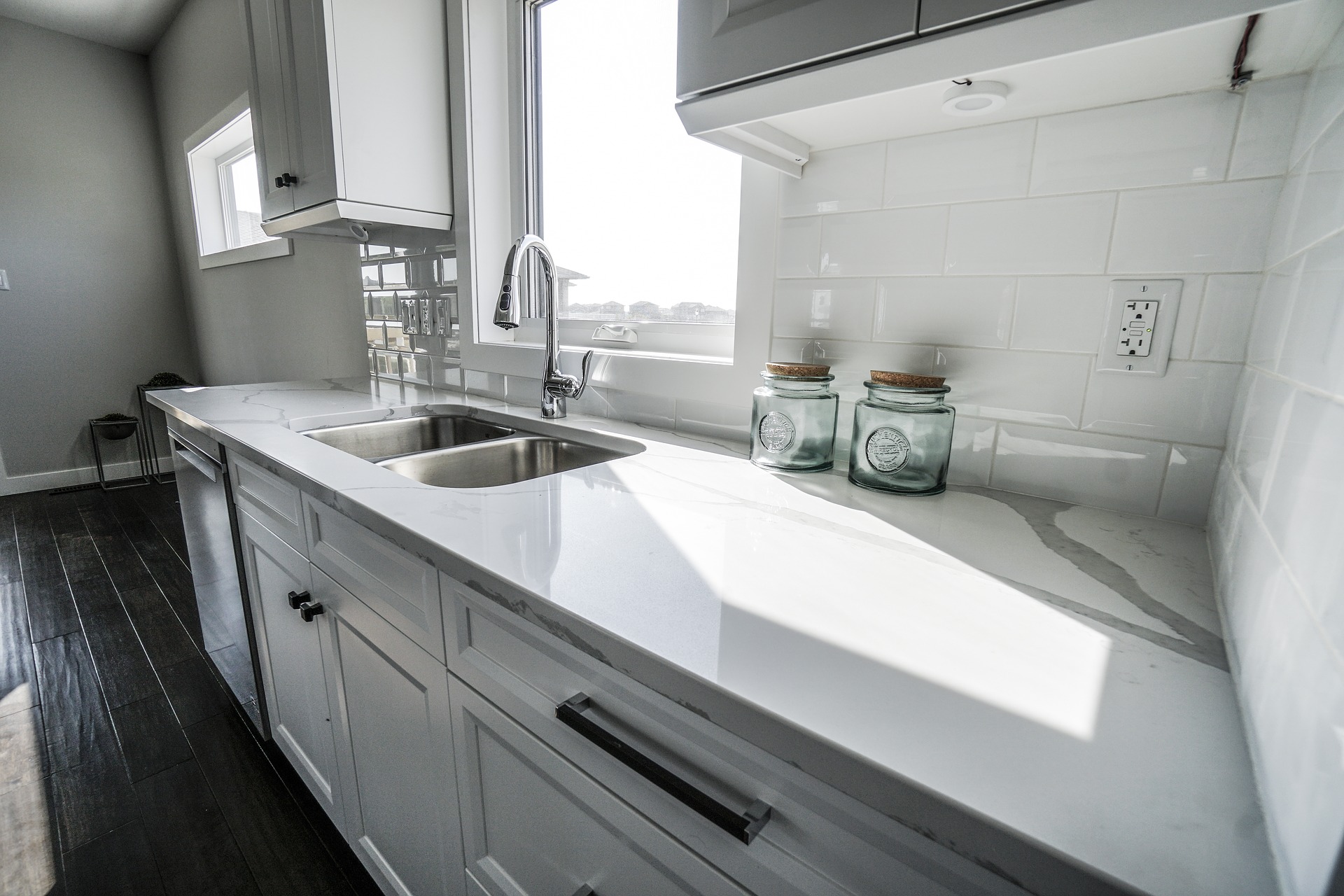
Vinegar is an acid and can cause etching which is the corrosion of stone that occurs when it comes into contact with acid. Etching can eat away at the thin polished layer of your marble or granite and cause it to look dull. If acid is frequently used on these types of surfaces, advanced methods of polishing will need to be used to renew their original luster.
2. Never Use Vinegar To Clean Your Stone Or Ceramic Floor
Just like stone countertops, the acid in vinegar can strip away the protective sealant from stone tiles which will leave them looking dull and more susceptible to corrosive processes.
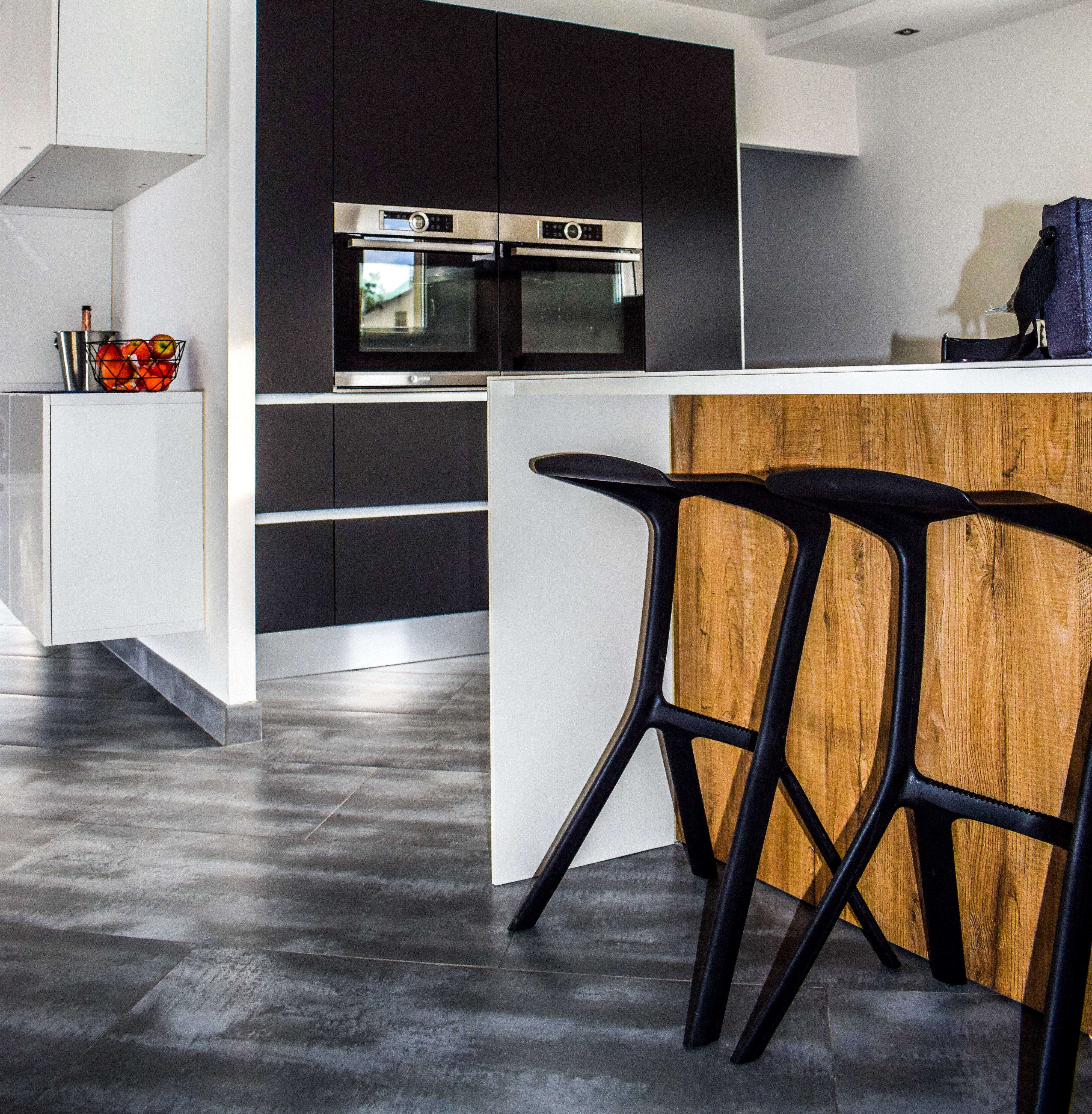
Ceramic tiles tend to be less impacted by acid erosion, however, acid can affect the grout between the tiles and slowly cause it to become discolored and crumble.
3. Never Use Vinegar on Waxed Furniture
Vinegar can also do quite a bit of damage on your waxed furniture. The acid in vinegar can react with the wax finish on your furniture and leave it looking dull and worn.
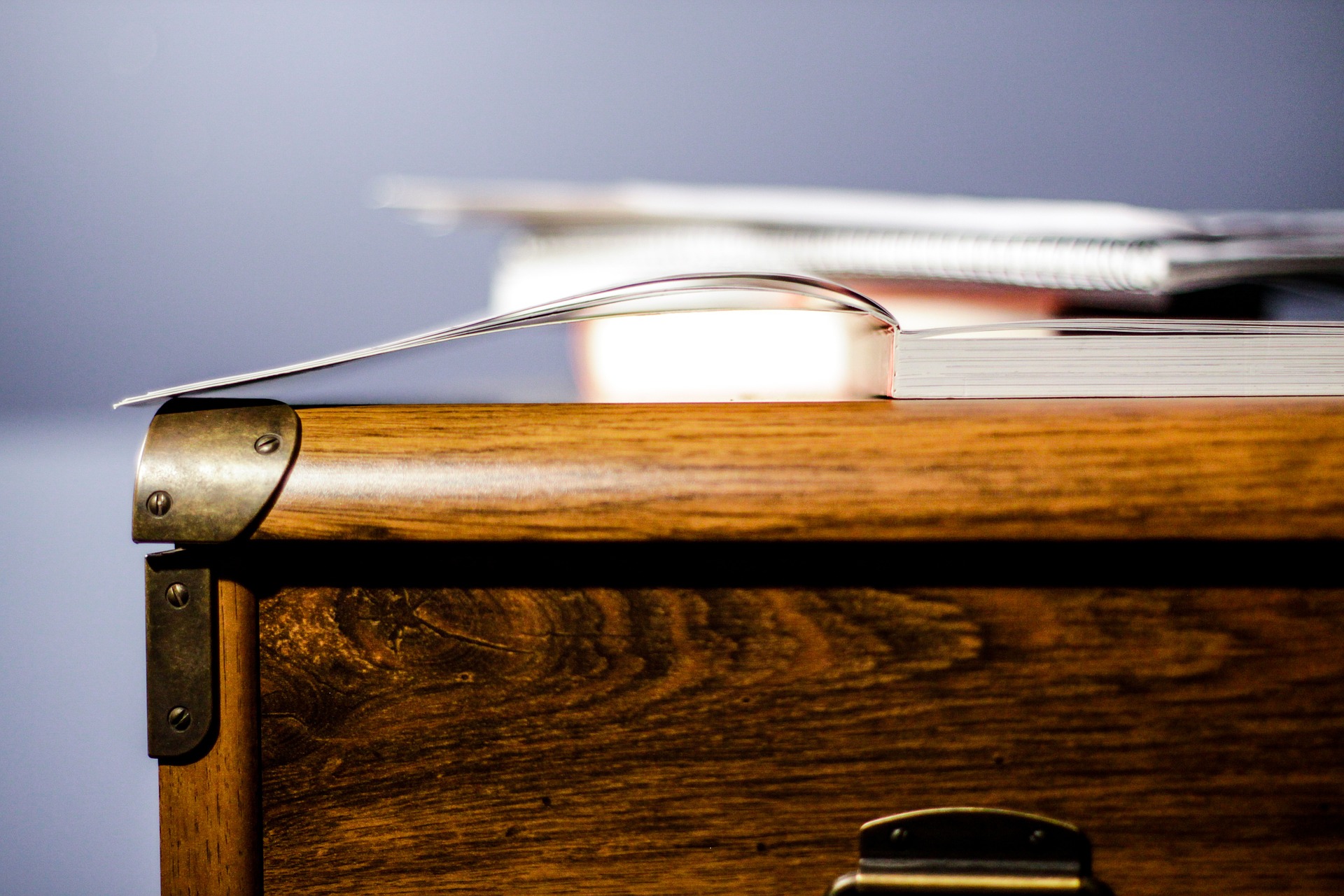
Try using furniture polish instead of acidic agents on your wax furniture.
4. Never Use Vinegar on Hardwood Floors
Though many will advise you to use vinegar on your hardwood floors, it can still be damaging depending on your finish. Some hardwood floor finishes can react with the acid of vinegar and cause damage that might become costly to repair.
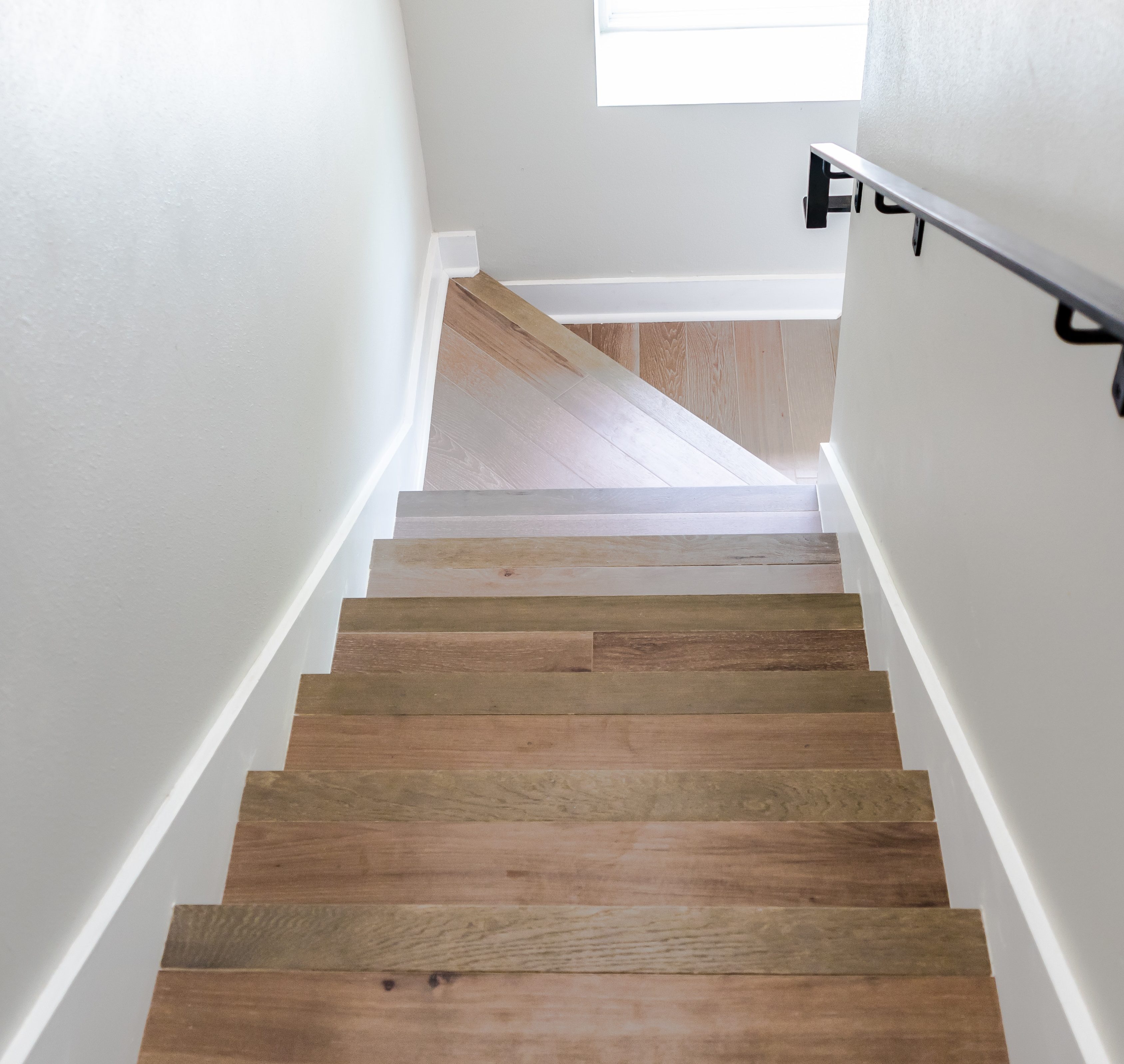
To play it safe, avoid using vinegar on any hardwood flooring system. Check out our detailed guide on how to care for different types of wood flooring here.
5. Never Clean Computer and Cell Phone Screens with Vinegar
You would be wrong to think that if vinegar is safe to use on windows and glass then it is safe to use on computer and cell phone screens. In fact, computer monitors and cell phone screens have a protective coating that prevents glare and damage. Using vinegar to clean these types of screens can eat away at the protective coating and cause your screen to look blurry.
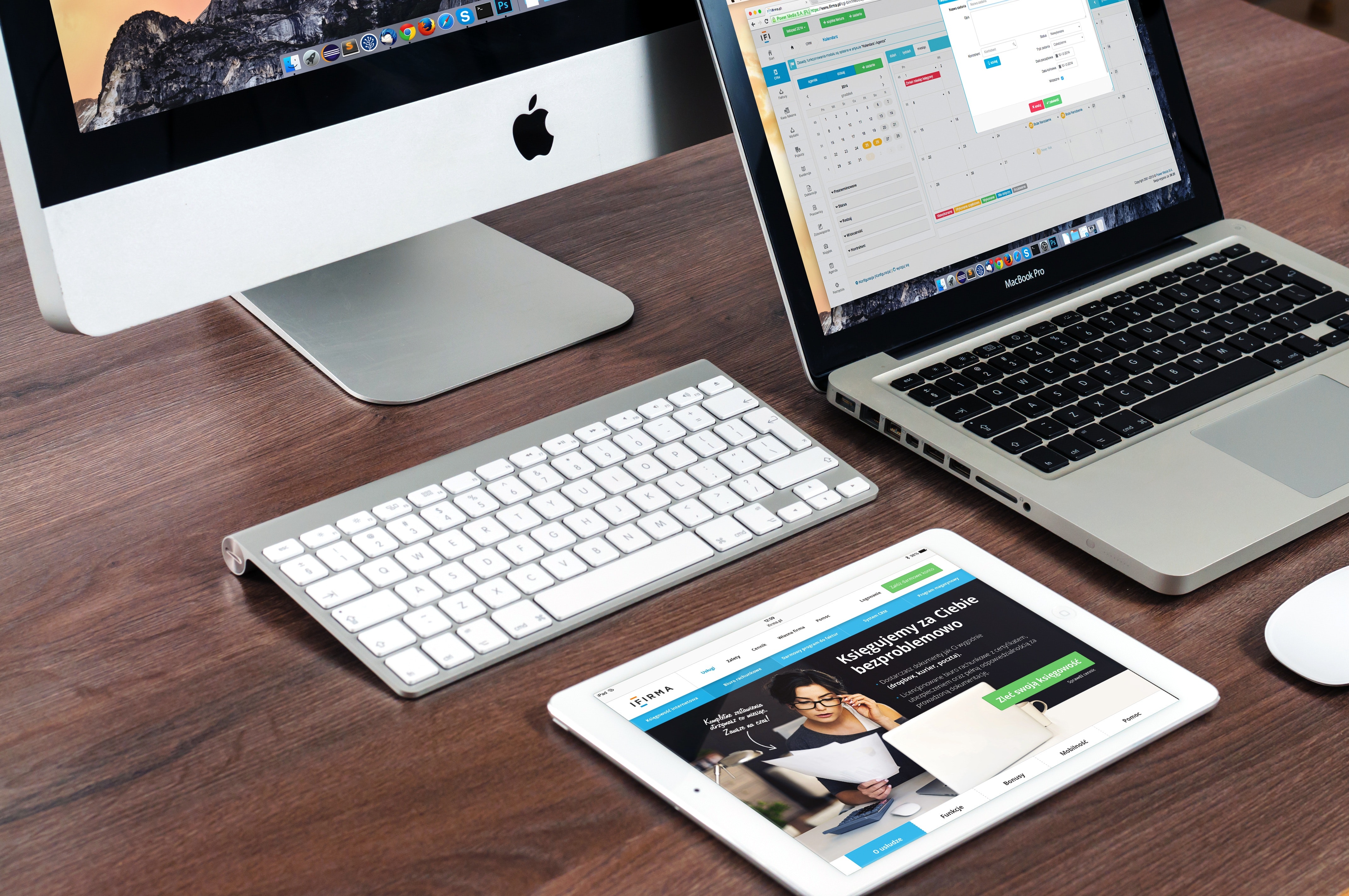
Use a moistened microfiber cloth instead to keep your screen and monitors shiny and clear.
6. Skip Mixing Vinegar and Baking Soda for Deep Cleanings
Many think of baking soda and vinegar as the most dynamic duo of green cleaning power when it definitely is not! Though the fizzy explosion created when both ingredients are combined may look impressive, there is little advantage to using this combo on grimy messes.
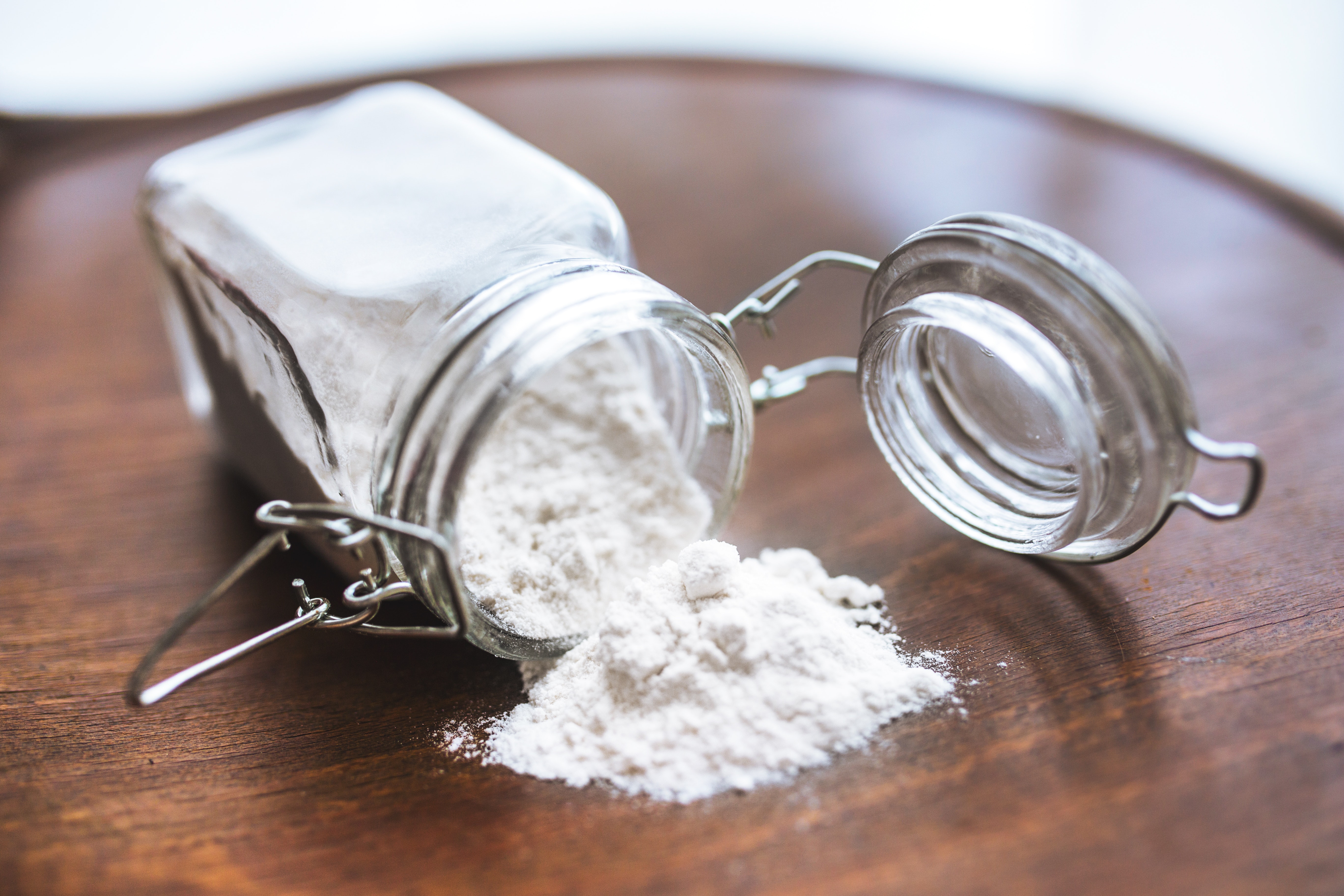
The reality is that vinegar is an acid and baking soda is a base which, when combined, breaks down into little more than a solution that is mostly water with a small amount of salt. If you are looking to do some deep cleaning, you should probably opt for a more heavy-duty cleaner than a diluted saltwater solution.
